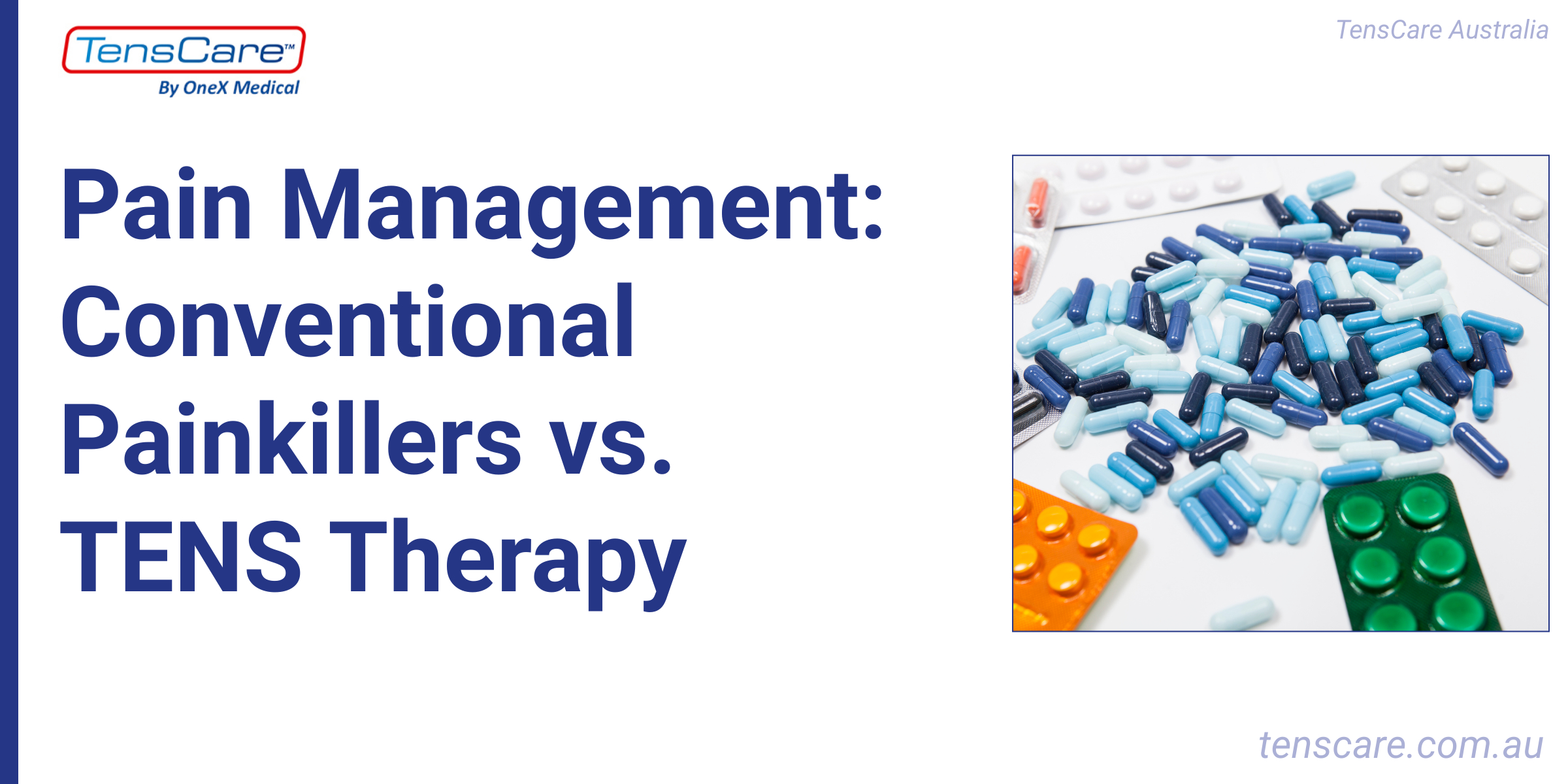Living with pain can be incredibly challenging. It's not just an inconvenience—it can significantly impact your quality of life. Most medical professionals agree that managing pain is essential to recovery from many health conditions. Fortunately, there are numerous pain management options available, ranging from conventional medications to non-drug alternatives like TENS (Transcutaneous Electrical Nerve Stimulation).
Conventional Painkillers Explained
- Non-Steroidal Anti-Inflammatory Drugs (NSAIDs)
Common examples include ibuprofen, diclofenac, and naproxen. Although aspirin is also an NSAID, it's often prescribed in low doses for blood clot prevention, especially in patients with a history of heart attacks.
- Paracetamol
A well-known pain reliever, paracetamol is often used for mild to moderate pain and can also help reduce fever.
- Opioids
There are two categories of opioids: weak and strong. Examples of weak opioids are codeine and dihydrocodeine, while stronger options include morphine, oxycodone, tramadol, and pethidine.
How Do These Painkillers Work?
Painkillers operate by either blocking pain signals from reaching the brain or by interacting with endorphin receptors, increasing your pain tolerance:
Paracetamol: Works in the brain to inhibit the production of chemicals called prostaglandins, which cause pain and inflammation.
NSAIDs: Target prostaglandins throughout the body, not just the brain, reducing inflammation and pain. However, this can lead to side effects as they affect multiple bodily functions.
Opioids: Bind to specific receptors in the central nervous system and other parts of the body, increasing pain tolerance.
Potential Side Effects of Painkillers
While effective, conventional painkillers can cause side effects, such as:
- Common Issues: Nausea, vomiting, constipation, diarrhea, reduced appetite, dizziness, headaches, and rashes.
- Long-term Concerns: Dependency, withdrawal symptoms, and decreased natural endorphin production.
TENS: A Drug-Free Alternative to Painkillers
TENS (Transcutaneous Electrical Nerve Stimulation) offers a non-invasive, drug-free solution for pain relief. It works by sending gentle electrical pulses through the skin, stimulating sensory nerves and blocking pain signals from reaching the brain. Additionally, TENS encourages the body to release endorphins, our natural painkillers.
Why Consider TENS Over Conventional Painkillers?
- No Risk of Dependency
Unlike opioids, TENS therapy doesn’t carry the risk of addiction. It works by harnessing your body's own pain-relieving mechanisms, making it a safer, long-term option.
- No Overdose Risk
As painkillers can become less effective over time, there’s a danger of overdosing when increasing dosage. TENS, however, allows you to adjust settings to meet your changing pain needs without any overdose concerns.
- Customisable Pain Relief
Pain varies from person to person, even for the same condition. Unlike the "one size fits all" approach of painkillers, TENS units can be tailored with different programs, speeds, and strengths, offering personalised relief.
- Targeted Therapy
Prescription drugs affect the entire body, often causing unwanted side effects elsewhere. In contrast, TENS enables you to target specific areas, providing focused pain relief where you need it most.
Conclusion:
When comparing conventional painkillers to TENS therapy, it's clear that TENS offers a safe, effective, and customisable approach to pain management. It avoids the risks associated with medication, such as dependency, side effects, and overdose, making it an ideal option for those seeking a drug-free pain relief solution.
